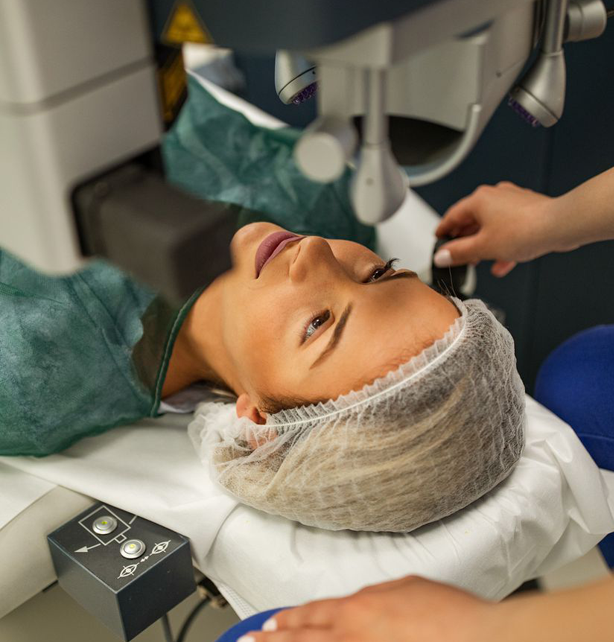Understanding Cataracts and Cataract Surgeries
Cataracts are a common eye condition that affects millions of people worldwide. In this article, we’ll discuss what cataracts are, their symptoms, and the available treatment options, including cataract surgeries.
What are Cataracts?
A cataract is a clouding of the eye’s natural lens, which lies behind the iris and the pupil. The lens is primarily made up of water and protein, and as we age, the protein may clump together, causing a cloudy area on the lens. This clouding can grow larger over time, leading to blurred or hazy vision.
Symptoms of Cataracts
- Cloudy or blurred vision
- Colors appear faded or yellowed
- Glare or halos around lights
- Poor night vision
- Double vision in a single eye
- Frequent prescription changes for eyeglasses or contact lenses
Causes of Cataracts
- Aging (the most common cause)
- Trauma to the eye
- Certain medications, such as steroids
- Medical conditions, like diabetes
- Prolonged exposure to UV light
- Smoking
Treating Cataracts
The most effective treatment for cataracts is surgery. Cataract surgery involves removing the cloudy lens and replacing it with an artificial lens called an intraocular lens (IOL). This procedure is generally safe, and most patients experience improved vision after the surgery.
Cataract Surgery: What to Expect
- The procedure is usually done on an outpatient basis, meaning you can go home the same day.
- The surgery is performed under local anesthesia, so you’ll be awake but won’t feel any pain.
- The surgeon will make a small incision in your eye and use ultrasound waves to break up the cloudy lens.
- The lens fragments are then removed, and the IOL is inserted.
- Recovery typically takes a few weeks, and you’ll need to follow your surgeon’s post-operative instructions carefully.
Frequently Asked Questions
Q: Can cataracts be prevented?
A: While there’s no surefire way to prevent cataracts, you can take steps to delay their development. These include wearing sunglasses to protect your eyes from UV light, quitting smoking, and maintaining a healthy diet.
Q: Are there any risks associated with cataract surgery?
A: As with any surgery, there are some risks involved, such as infection, bleeding, or retinal detachment. However, these complications are rare, and most patients experience no problems with cataract surgery.
Q: Will I still need glasses after cataract surgery?
A: This depends on the type of IOL used and your individual needs. Some patients may still require glasses for reading or other activities, while others may achieve excellent vision without the need for additional corrective lenses.
If you suspect that you or a loved one may have cataracts, it’s essential to consult with an eye care professional. They can perform a comprehensive eye exam, discuss your treatment options, and help you make an informed decision about your eye health.
